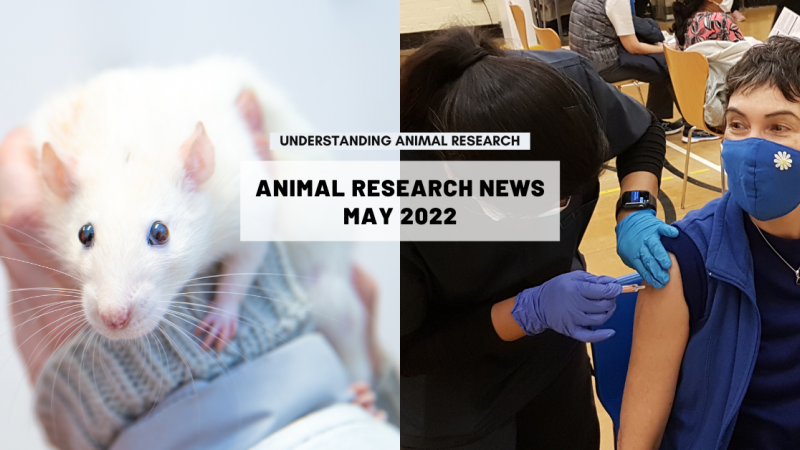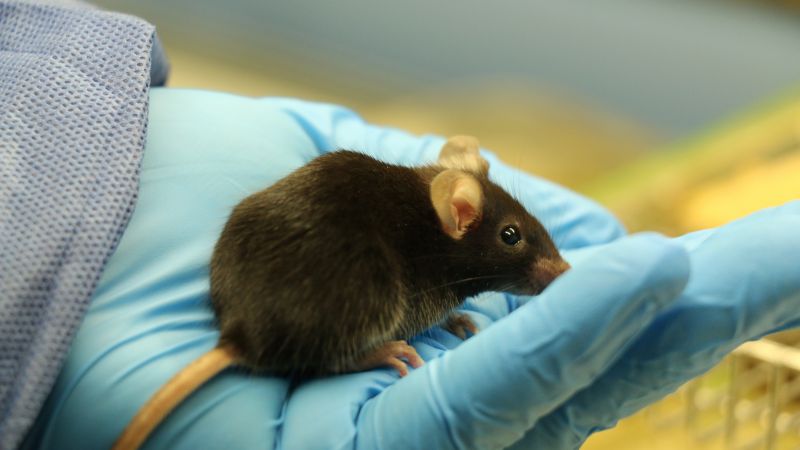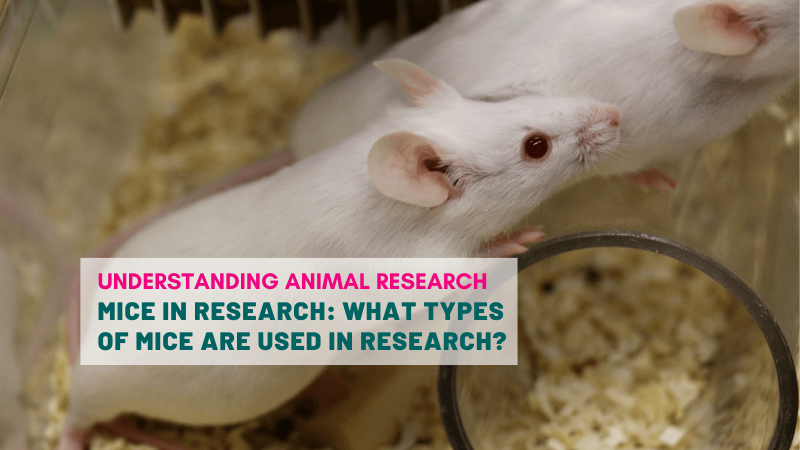 Tomorrow the film Extraordinary Measures will be released in UK cinemas. Based on a true story, it is a fictionalised account of the development of a treatment for a type of progressive inherited muscle weakness called Pompe disease.
Tomorrow the film Extraordinary Measures will be released in UK cinemas. Based on a true story, it is a fictionalised account of the development of a treatment for a type of progressive inherited muscle weakness called Pompe disease.
The film follows parents John and Aileen Crowley. When their two youngest children are diagnosed with Pompe disease, they do everything they can to find a treatment. John co-forms a biotech company to focus on developing a life-saving drug, and along the way he enlists the help of Dr Robert Stonehill. Whilst the film has almost certainly been given the ‘Hollywood treatment' the true story is equally remarkable, and laboratory animals are the stars.
Pompe disease is a rare disorder which causes progressive muscle weakness. It affects around 1 in 40,000 births and is a recessive genetic disease, meaning both parents must carry the faulty gene.
Discovered by the Dutch doctor Dr Johannes Pompe in 1932, Pompe disease causes the accumulation of glycogen, used to store energy, in muscle tissue. The build-up of glycogen causes progressive muscle weakness throughout the body. Strangely though, Dr Pompe found that the enzymes involved in removing excess glycogen from muscle cells were present in patients.
What followed was partly serendipity. Whilst carrying out research into the effects of insulin, a researcher called Christian de Duve discovered structures in cells called lysosomes. Further research showed that lysosomes also contain enzymes to break up old parts of cells, and one of the enzymes (alpha glucosidase) was responsible for breaking down glycogen. His colleague Henri Hers went on to make the link between a lack of alpha glucosidase and Pompe disease.
Both men's research relieved heavily on the use of laboratory animals, especially mice. However it was the lack of a specific animal model for Pompe disease which held up progress in developing treatments for the disease. Many attempts to treat terminally ill children were unsuccessful until finally in 1998, a Dutch scientist called Arnold Reuser managed to clone the gene for the lysosomal enzyme. This enabled researchers to produce a transgenic mouse model of Pompe disease and study treatments more thoroughly.
At the same time, a study at Duke University led by Dr Yuan-Tsong Chen was demonstrating the effectiveness of a modified enzyme in quails. Dr Yuan-Tsong Chen is the researcher that the Dr Robert Stonehill character in the film is loosely based on.
The next stage was to figure out a way to produce enough of the enzyme to begin larger scale tests. Researchers speculated that it may be possible to produce it using the cloned human gene. Two rival approaches were tried involving the gene discovered by Reuser.
Pharming, a Dutch company, produced the enzyme in the milk of transgenic rabbits. At the same time Synpac, a Taiwan-based company used chinese hamster ovary (CHO) cell culture.
Clinical trials of both were successful, and both companies sold their interest in the treatment to Genzyme. Genzyme continued the research into Pompe disease and went on to produce their own CHO product. After comparative studies in transgenic mice, it soon became clear that the Genzyme compound was the most promising candidate. It eventually passed into clinical trials, and in April 2006 was approved for use in the EU and US under the name Myozyme. This enzyme therapy remains the only approved treatment in the world today for Pompe disease.
Further Information:
Extraordinary Measures is based on a book called The Cure by Geeta Anad. Whilst the main storyline is similar, neither is fully accurate in its description of the development of Myozyme.
Kevin O'Donnell's baby son was diagnosed with Pompe disease in 1993. He has since been involved in campaigning for the development of treatments of the disease, and has written an extensive history of the disease and its treatment in his blog - The Real Pompe Story.
You can also read his article about Pompe disease on the Pro-test website.
Last edited: 27 October 2022 19:16



